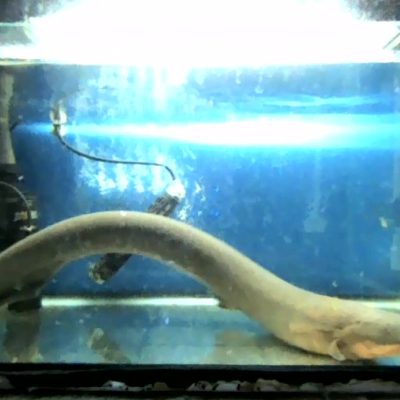A groundbreaking medical procedure has taken place in the United States, where a person with a life-threatening heart condition has received a genetically modified pig heart. This marks a significant step forward in the field of xenotransplantation, which involves the transfer of organs and cells from one species to another. In October 2021, scientists at NYU Langone Health successfully connected a pig kidney to a brain-dead human, keeping it outside the body for 54 hours and producing the metabolic product creatinine. Now, a transplantation team at the University of Maryland School of Medicine has achieved another breakthrough by transplanting a genetically modified pig heart into a human for the first time.
The recipient of the pig heart is a 57-year-old man who had been suffering from a life-threatening heart condition. The eight-hour operation was successful, and the pig heart has been beating in the man’s body since January 7, 2022, without any complications. According to the doctors, this organ transplant demonstrates that a genetically modified animal heart can function like a human heart without being immediately rejected by the body. The patient is being closely monitored in the coming weeks, and the results of this procedure offer hope to thousands of people who would otherwise not receive an organ donation due to the shortage of donor organs.
The success of this procedure is a significant step towards solving the shortage of donor organs, which is a problem in almost all countries. However, it remains to be seen whether a pig heart can truly replace a human organ donation in the long term. The longevity of the pig heart is still unknown, and further research is needed to determine its effectiveness. Nonetheless, this groundbreaking operation has brought us one step closer to finding a solution to the shortage of donor organs, and it offers hope to those in need of life-saving transplants.










